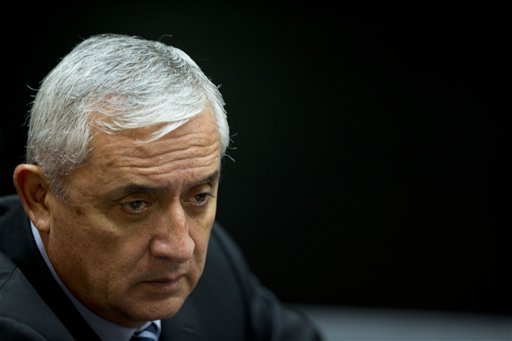September 2015 Current Events: World News

U.S. News | Business News | Disasters & Science News
Here are the key events in world news for the month of September 2015.
The Immigration Crisis Continues (Sept.): The immigration crisis in Europe intensifies throughout September. Migrants continue to flee war and conflict in Afghanistan, Syria, and regions of Northern Africa, pouring into the Balkans at a rate of about 3,000 a day. They hope to end up in Western Europe, but many of those nations only offer refuge to a small number of migrants. The impasse creates a crisis in Hungary, where thousands of migrants are stuck at Budapest's Keleti train station as they wait for officials to decide their fate. Hungary responds to the influx by building 109-foot razor-wire fence along the Serbian border and passing laws allowing the arrest of migrants who attempt to cross into Hungary from Serbia illegally. (Sept. 14): European Union officials meet to decide on how to respond to the crisis. However, no agreement is made. Officials cannot agree on a proposal by European Commission President Jean-Claude Juncker, a plan that would give an additional 120,000 refugees asylum within the European Union countries. Officials will meet again in October to discuss the crisis.
Guatemalan President Arrested over Corruption Allegations (Sept. 1): In a unanimous vote, Guatemala's Congress strips President Otto Perez Molina of his immunity. (Sept. 2): Perez Molina resigns. (Sept. 3): Vice President Alejandro Maldonado becomes acting president. Perez Molina is arrested. (Sept. 6): President elections are held. National Convergence Front party nominee Jimmy Morales receives 23.8% of the vote, National Unity of Hope nominee Sandra Torres 19.8%, and Renewed Democratic Liberty party nominee Manuel Baldizon 19.6%. A runoff is scheduled for Oct. 25.
Vote Against Iran Nuclear Deal Is Blocked by U.S. Senate Democrats (Sept. 10): Democrats in the U.S. Senate block a Republican-led attempt to thwart the nuclear deal with Iran, handing President Barack Obama a major victory. Senate Republicans do not have enough votes to end a Democratic filibuster on the resolution of disapproval. Meanwhile, Iran's supreme leader, Ayatollah Ali Khamenei, says there will be no further negotiations with the U.S. beyond the nuclear deal. (Sept. 15): Once again, Republicans in the U.S. Senate attempt to stop the nuclear deal by pushing through a resolution rejecting it. However, Senate Democrats block it just as they did the previous week. In the deal, Iran has agreed to reduce its stockpile of enriched uranium by 98%, place two-thirds of their installed centrifuges under international supervision, give the International Atomic Energy Agency (IAEA) permanent access "where necessary, when necessary", and accept a resumption of sanctions if it violates any of the terms. If Iran ever decides to flout the accord, by agreeing to the restrictions, it will take the country about a year to develop the fuel to make a bomb.
Turnbull Replaces Abbott as Australia's Prime Minister (Sept. 15): Former journalist, lawyer, and banker, Malcolm Turnbull becomes Australia's 29th prime minister. Turnbull challenges Prime Minister Tony Abbott for the Liberal Party leadership and wins by a vote of 54-44. Turnbull, age 60, faces a divided government, stalled economy, and low public opinion as he takes office.
Tsipras Returns as Prime Minister in Greece (Sept. 20): In snap elections, Alexis Tsipras once again leads his Syriza party to victory. Tsipras wins 35% of the vote, and 145 of 300 parliament seats, just four fewer seats than in previous elections. During his victory speech, Tsipras says, "The mandate that the Greek people gave us is crystal clear: to get rid of the wickedness and the regime of corruption and intertwined interests that have ruled the country for years. You gave us the second decisive chance to be done with that. We will be judged in the next four years on how efficient we are starting tomorrow morning." (Sept. 21): Tsipras officially returns to the office of prime minister.
Taliban Captures Major City in Afghanistan (Sept. 28): The Taliban seizes control over Kunduz, a northern Afghanistan city. It is the first major city that the Taliban has captured in over a decade. Afghan officials respond by saying that a counterattack is coming. (Sept. 29): Afghan forces launch their counterattack to retake Kunduz. The U.S. supports the counterattack by launching airstrikes against the Taliban.

Former President Otto Perez Molina
Source: AP Photo/Moises Castillo

Prime Minister Malcolm Turnbull
Source: AP Photo/Andrew Taylor







